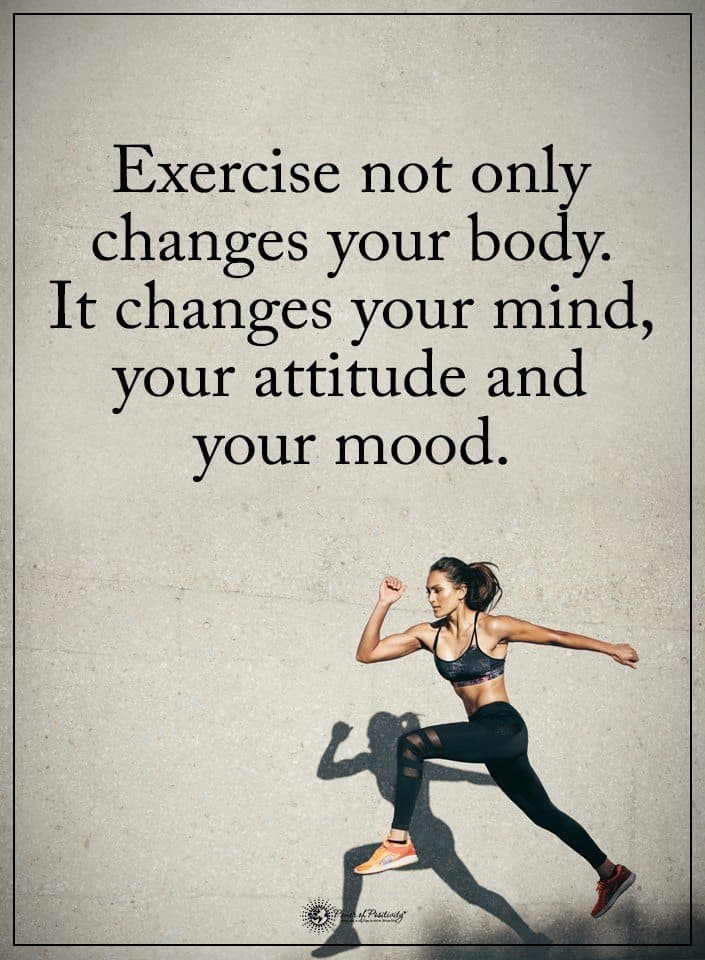According to the CDC, an estimated 50% of Americans will get diagnosed with a mental disorder at some point in their lifetime. Let that statistic sink in for a second. That percentage is staggering, to say the least, and represents only a portion of people suffering all over the world.
Over 300 million people globally have been diagnosed with depression, which is also the leading cause of disability worldwide. Between 2005 and 2015, the number of people living with depression increased 18%. Mental illnesses are also the third most common cause of hospitalization in the U.S. for people 18-44 years old.
There is something clearly wrong here, as mental illnesses seem to be increasing all across the board. We could write a whole book on the causes of depression, but in this article, we’re here to bring you remedies for it. Keep in mind that the treatments we will go over are all natural, prescription-free ways of alleviating depression; however, we do not encourage people to go off of medication without first consulting with their doctor.
With that being said, let’s get into some natural ways to get rid of (or at least manage) depression.
Here are 5 ways to treat depression naturally:
1. Exercise.
You’ve probably heard this one many times before, but we will continue to say it because exercise is one of the best ways to treat both depression and anxiety. It’s a natural stress-reliever, mood-booster, and health-enhancer. Most psychologists recommend some sort of aerobic or weight training exercise for at least thirty minutes, three times per week. Regular exercise can literally rewire the neurotransmitters in your brain and raise serotonin levels.
Many people who struggle with depression do not produce enough serotonin, which helps you feel relaxed. Enter exercise, which helps minimize stress and release other feel-good chemicals that produce an overall feeling of well-being.
2. Have a mindfulness practice.
You can simply google “meditation research” and find countless studies about the benefits of it for human health. In fact, a team of researchers from Johns Hopkins University in Baltimore, Maryland, found that just thirty minutes of daily mindfulness meditation could treat depression just as effectively as antidepressants. Some studies out there claim that meditation actually rivals antidepressants as a form of treatment for depression. Mindfulness meditation in particular teaches you to get more in tune with your body and mind, and become a quiet observer of yourself. It helps you slow down, focus on your breathing, and quiet your thoughts.
In addition, researchers have found that meditation helps quiet nerve receptors in a part of the brain known as the default mode network. Many studies have linked depression and anxiety with high levels of activity in this area of the brain. If you are a beginner to meditation, try starting out with ten minutes a day, and put on relaxing music or a guided meditation to help you stay focused.
3. Supplement with St. John’s wort.
(Editor’s note: Talk with your physician before taking St. John’s wort if you are currently on any medication).
You can find this natural herb in a variety of forms such as capsules, teas, and extracts such as essential oils. For centuries, people have been using St. John’s wort to treat nervous system disorders like anxiety and depression. While researchers are still studying how St. John’s wort impacts the brain, many scientists have found that St. John’s wort rivals antidepressants for treatment of mild to moderate depression. Similar to standard SSRI’s, or selective serotonin reuptake inhibitors, St. John’s wort increases serotonin levels as well as other feel-good chemicals such as dopamine.
4. Reframe your thoughts.
Called cognitive reframing or restructuring in psychology, this is a very powerful technique that is taught in CBT, or cognitive behavioral therapy. Basically, you take negative thoughts and reframe them into something more positive. Our minds default to negativity because we have evolved to pay more attention to bad things for our survival, but this doesn’t help us much in the modern world. So, any time you have a negative thought, ask yourself these questions:
– Is this really true? Question the validity of your thoughts. Try to reason with yourself and see if what you believe is based in fact, or fiction. This will help you realize that your thoughts don’t have to have as much power over you as you think.
– Could this really happen? A lot of what we think about never actually happens, because we plan for the worst-case scenario. See if the negative things you’re thinking about could really occur, or if you might just be letting your imagination run wild. Even if something could happen, try to remember that most bad things we think about don’t actually play out in real life.
– Would a friend talk to me the way I talk to myself? This one is powerful because it will show you just how badly you talk to yourself on a daily basis. Positive self-talk is essential for climbing out of depression, because it will boost your self-esteem and give you a better outlook on yourself, and therefore, life.
5. Get some sun!
We evolved outdoors, and only in the last few thousand years have we lived mostly inside. This means we don’t get nearly the amount of sunlight we need, which can lead to Vitamin D deficiencies. Not surprisingly, many people with depression have low levels of this vital nutrient. Vitamin D helps bolster our immune systems, promotes strong, healthy bones and teeth, and helps us absorb calcium. In addition, an international team of researchers found that Vitamin D helped synthesize serotonin and dopamine within the brain, two chemicals that help alleviate depression. If you live in an area with little sunlight, take Vitamin D supplements or invest in a “light box” to help you get some sun, even if it isn’t the “real” thing.
https://youtu.be/CU2LlJxEdJ4














 Community
Community

